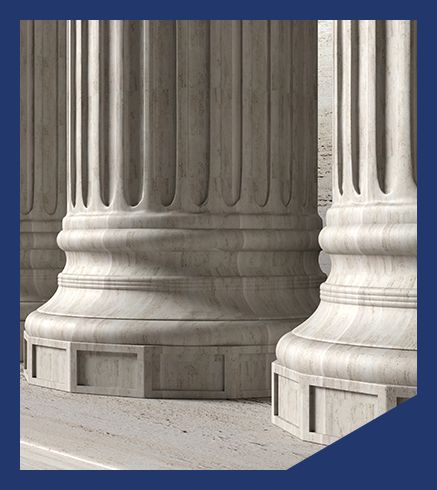

Houston Probate Attorney
How Does the Probate Process Work?
If you are in need of legal assistance, turn to The Tholstrup Law Firm, L.P.. Our experienced probate lawyer in Houston will be able to guide you through the process while helping you understand Texas Probate Law, answering any questions you may have.
What is Probate?
The term Probate is used in reference to the court or legal process through which the disposition of the remaining assets and liabilities of a deceased person occurs. An easily authenticated will and estate planning tools can be used to avoid much of the time and expense of probate.
Either an executor named in the deceased’s will or an administrator (if there is no will) is appointed by the Texas probate court to collect the assets of the deceased, pay liabilities where appropriate, and distribute the assets of the estate to beneficiaries or heirs.
How Does Probate Work with a Will?
When a person dies with a valid will, the Executor named in the will is responsible for initiating the probate process by filing an application to probate with the appropriate probate court within 4 years from the date of the death of the deceased. Once the court determines the will to be valid under Texas probate law, the Executor has the legal power to act on behalf of the deceased.
Contact a Houston probate attorney at The Tholstrup Law Firm, L.P. online or at (713) 533-8457 to schedule a consultation.

Texas Probate Law
What Does an Executor Do?
An Executor approved by the Texas probate court is responsible for locating and overseeing the collection and distribution of the assets and payment of the liabilities of the deceased. The Executor’s inventory of the deceased’s assets and liabilities must be filed and approved by the court. The Executor is responsible for selling or transferring assets per the wishes of the deceased as specified in the deceased’s will.
How Does Probate Work without a Will?
According to the Texas probate code, when a person dies without a will, he is termed to have died intestate. This can also be true if the will presented to the court is found to be invalid. The intestate probate process begins with the appointment of an Administrator who functions largely as an Executor, but may have more court supervision of the actions taken.
What Is Intestate Succession?
The most expensive and time consuming scenario is when no planning is done. If a person dies without a Will, Will Bypass instruments or a Trust, title to property is conveyed by “Intestate Succession”. Intestate Succession through a probate proceeding generally involves an Heirship Proceeding and an Administration of the Estate. With a minimum of estate planning, this time and expense (to those left behind) can be avoided.
What Does a Probate Administrator Do?
The Administrator’s function is to locate legal heirs of the deceased, including the surviving spouse, children and more distant relatives as needed. The laws of intestate distribution control what assets need to be distributed and how they are to be distributed among the legal heirs. The distribution has to ultimately be approved by the court.
Does a Will Have to Be Probated in Texas?
Probate laws in Texas generally allow an estate of less than $75,000 to avoid the probate process. If the estate qualifies, there are alternate legal actions, such as an affidavit filed with the court, Department of Motor Vehicles, or with a financial institution. Assets that have contractually designated beneficiaries or assets jointly owned with a right of survivorship can bypass the Texas probate process.
How Long Does Probate Take?
Unfortunately, how long probate takes will really depend on the estate. For example, if there is a will or a simple estate, the Texas probate process may take a couple months. While a contested will or a complicated estate may require longer in probate. A skilled Houston probate lawyer at The Tholstrup Law Firm, L.P. can provide you with more information on your case following a consultation.
What Is a Probate Hearing?
A probate hearing is held in court where the judge validates the circumstances of the individual’s estate, specifically regarding whether a will exists or not. If there is no will, an administrator will then be named. If there is a will, then the judge will confirm who the executor of the estate is.
The probate hearing will take place roughly 2 weeks after the initial probate application has been filed.
What Does a Probate Bond Do?
A probate bond is required for the executor or administrator of the will to help ensure that the matters of the estate are handled appropriately and assets distributed accordingly. It essentially helps guard the estate and it’s beneficiaries in the event that the executor or administrator neglects their fiduciary duties.
What Is Exempt Property in Texas Probate?
According to Texas Probate Code, exempt property is the decedent’s residence as well as certain personal assets that are set aside for the spouse and minor children. The state of Texas also provides a list of what property is classified as exempt.
Personal Property That May Be Exempt Include, but Is Not Limited To:
- Furniture, decorations, and other home furnishings
- Inherited items or family heirlooms
- Farming equipment and machinery
- Jewelry
- Vehicles
- Pets
Call The Tholstrup Law Firm, L.P. at (713) 533-8457 or contact us online for a free, introductory consultation with our probate attorney in Houston, TX.

